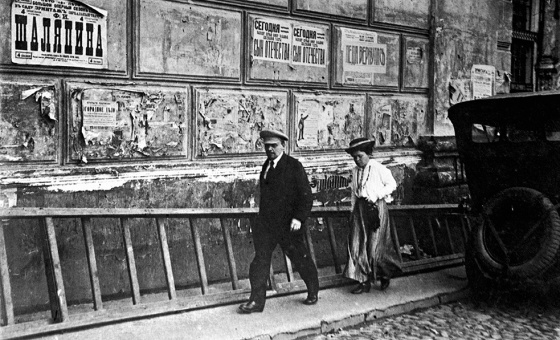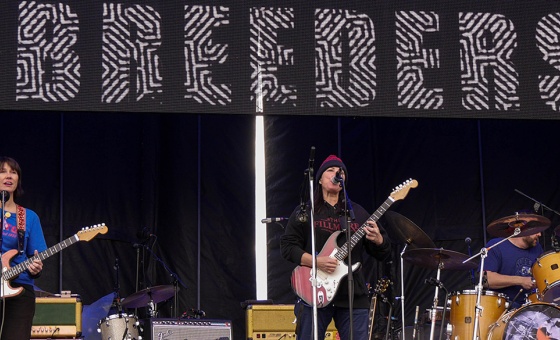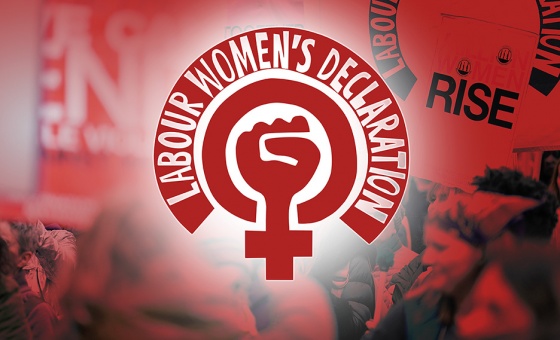This is the last article you can read this month
You can read more article this month
You can read more articles this month
Sorry your limit is up for this month
Reset on:
Please help support the Morning Star by subscribing here
I can still remember that morning of September 11. It was bright and sunny — a typical spring morning.
I had early classes that day, at 8am at the department of languages, which was about eight blocks from our house, beyond the main square.
I set off in our little white Fiat 600 and was surprised to see military personnel and armoured vehicles stationed in front of the Intendencia facing one side of the main square.
But since this was the time of repeated states of emergency, due to the situation in the country, I did not think much of it and simply drove past.
It wasn’t until I got to the department that I learned that there had been a coup d’etat and that the TV and radio were all broadcasting military declarations and martial music.
There would be no classes that day, nor ever again, for me or my partner Ricardo at the University of Chile in Chillan.
I drove back home immediately, my heart racing.
Could it really be true? Was it really possible that the solid institutionalism of Chile, so untypical of other Latin American countries where coups and military dictatorships were commonplace, had crumbled that easily?
What had happened to president Allende? What should we do now?
So many questions raced through my mind as I sped back home.
I found Ricardo still in the bathroom, getting ready. He told me that a comrade of his had called and had had to knock on the little window of the bathroom, which was close to the front door, to make Ricardo hear.
With typical Chilean working-class humour, even on a day like that, Humberto had shouted through the little window: “What the fuck! The country’s in the deepest shit and you’re having a shower!”
He had given Ricardo the dreadful news about the coup and told him to meet him in an hour or so at one of the local factories.
Ashen-faced, Ricardo left hurriedly in the car to meet Humberto at the agreed rendez-vous.
But when he got there, he found out that his comrade had already been detained by the military.
I meanwhile was frantically listening to the radio to find out what was going on.
Between martial music, the radio was announcing a long list of people who, it said, had to present themselves to the local headquarters of the army regiment. So far, neither of our names figured in the list.
We heard with growing dread and cold fear of the bombing of the Moneda Palace in Santiago and the death of president Allende in the palace.
We heard that the military was rounding up thousands of Popular Unity supporters from the factories and workplaces, from the streets and poblaciones.
We heard that many thousands detained in this way in the capital had been taken to the Estadio Nacional (National Stadium) and the Estadio de Chile.
We heard that in Valparaiso soldiers with blackened faces had disembarked from ships to raid the factories and detain thousands of workers. It was terrifying news.
And the more we listened, the more terrifying and hopeless we realised it was.









